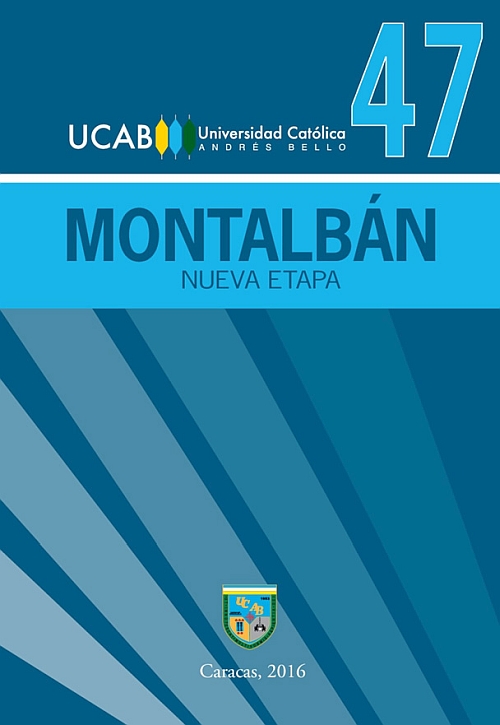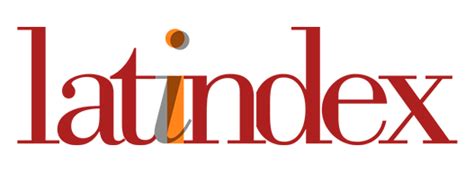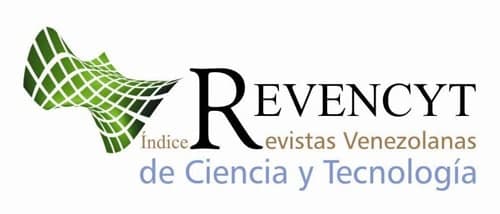PODER ESPIRITUAL Y SOCIEDAD COLONIAL. EL OBISPO DIEGO ANTONIO DIEZ MADROÑERO Y SU TIEMPO (1757-1769)
DOI:
https://doi.org/10.62876/rm.v1i47.2924Palabras clave:
Obispo, Diócesis de Caracas, Patronato, Oficio episcopal, Moral, Buenas costumbres, Matrimonio, Familia, Visitas pastorales, Poder espiritual, Poder civil, Constituciones Sinodales, Formación del clero, Diego Antonio Díez MadroñeroResumen
Resumen:
La presente investigación tiene como objeto contribuir al estudio sobre el poder espiritual del obispo en la sociedad durante período hispánico, tomando como referencia la figura de don Diego Antonio Diez Madroñero, quien gobernó la diócesis de Caracas entre 1757 y 1769. A partir de la documentación que reposa en el Archivo Histórico dela Arquidiócesisde Caracas, el Archivo General dela Nación(AGN) y el Archivo dela AcademiaNacionaldela Historia, se van dibujando los distintos ámbitos de la actividad episcopal: sus visitas pastorales; su preocupación por la formación del clero; su magisterio de la fe católica; su diligencia por elevar la moralidad y buenas costumbres con arreglo a los principios de cristianismo; y su función judicial orientada por la caridad. Todos estos elementos definen el poder espiritual del obispo, que lo distingue de los otros funcionarios de gobierno durante el período hispánico.
Palabras clave: Obispo, Diego Antonio Diez Madroñero, Diócesis de Caracas, Patronato, Oficio episcopal, Moral, Buenas costumbres, Matrimonio, Familia, Visitas pastorales, Poder espiritual, Poder civil, Constituciones Sinodales, Formación del clero.
Abstract:
This research aims to contribute to the study of the spiritual power of the Bishop in the society during the Hispanic period, taking as a reference the figure of don Diego Antonio ten Madroñero, who governed the Diocese of Caracas between 1757 and 1769. From the documentation which is based on the historical file of the Archdiocese of Caracas, the General archive of the nation (AGN) and the archive of the National Academy of history, are drawing different spheres of episcopal activity: his pastoral visits; his concern for the formation of the clergy; their teaching of the Catholic faith; their diligence to raise morals and good customs in accordance with the principles of Christianity; and its judicial function oriented by charity. All these elements define the spiritual power of the Bishop, which distinguishes it from other government officials during the Hispanic period.
Keywords: Diego Antonio Díez Madroñero, Diocese of Caracas, Board of Trustees, Bishop, episcopal Office, morality, good customs, marriage, family, pastoral, spiritual power, power civilian visits, Synodal constitutions, formation of the clergy.
Descargas
Citas
Profesor Titular. Doctor en Historia (Universidad Central de Venezuela), Director de la Especialización en: Educación en Valores Ciudadanos. Universidad Católica Andrés Bellos (UCAB)
Santiago – Gerardo Suárez, Instituciones panvenezolanas del período hispánico, en Los Tres primeros siglos de Venezuela 1598-1810, Fundación Eugenio Mendoza, Caracas 1991, p. 279.
Idem.











